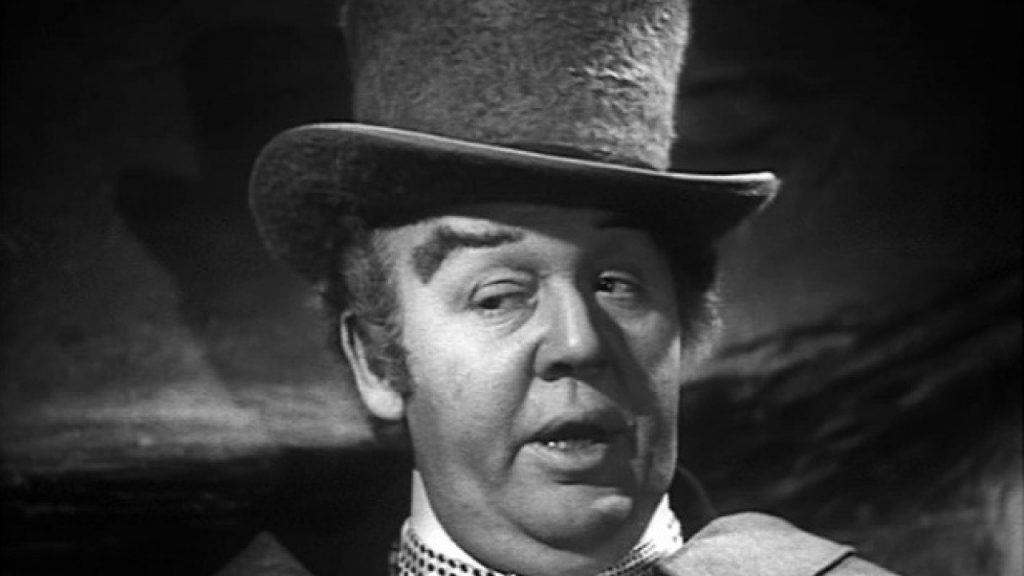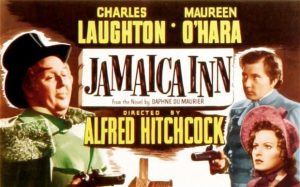Jamaica Inn
From the Chicago Reader (May 1, 1993). — J.R.
By common consent, one of Alfred Hitchcock’s poorest and least personal works (1939), though it has some compensations. The last film he made in Britain before moving to the U.S., it’s adapted — like Rebecca, his first American picture — from a Daphne du Maurier novel, about an 18th-century nobleman in Cornwall who doubles as the head of a band of smugglers. If this quirky pasteboard effort belongs to anyone, it’s Charles Laughton, who plays the lead with some wit and energy and also served as coproducer. Sidney Gilliat, Joan Harrison, and J.B. Priestley all worked on the script, and Maureen O’Hara, Leslie Banks, and Robert Newton costar. 98 min. (JR)


